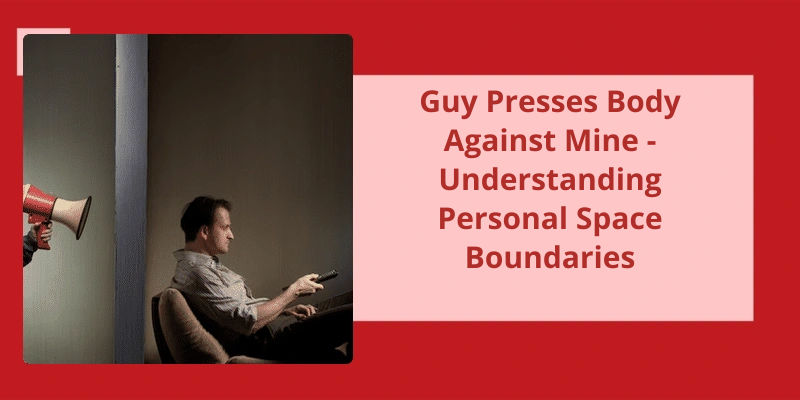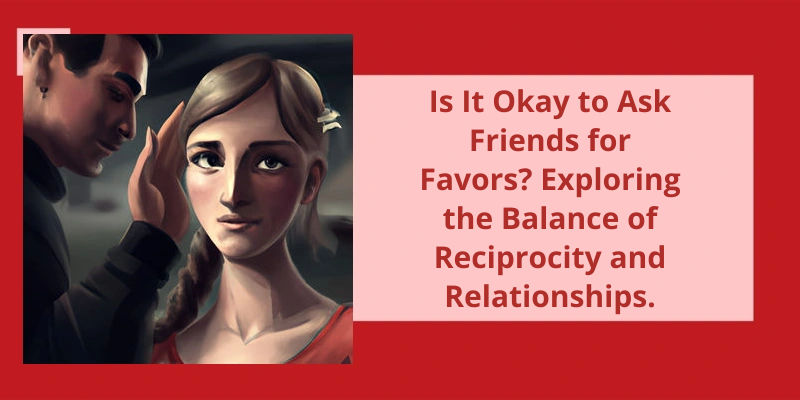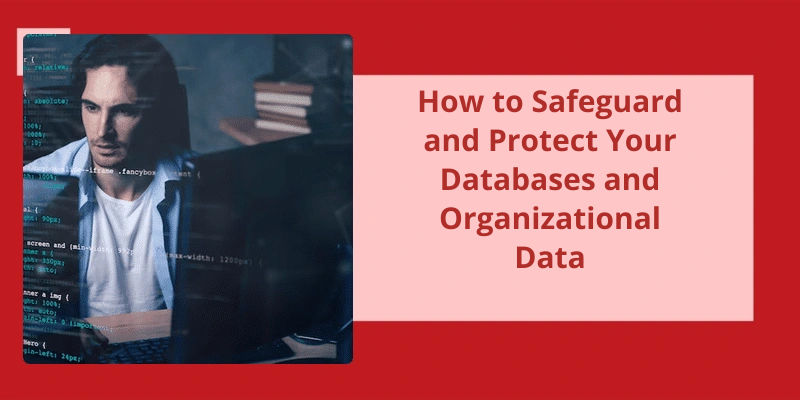In today's fast-paced business world, communicating effectively with your boss is of utmost importance. Whether you work in a small startup or a large corporation, knowing how to respond appropriately when your boss asks for an update or needs your input is essential. One common response that you may need to use frequently is "noted." However, the way you say it can impact how your boss perceives you and your work. In this article, we will break down the different scenarios in which you may need to use this response and provide tips on how to respond confidently and professionally. By the end of this article, you’ll have a better understanding of how to respond to your boss with the perfect "noted."
How Do You Reply That It Is Noted?
Thank you for bringing this to my attention.”. These responses not only acknowledge that you’ve read the message but also indicate to the sender that you’ve a plan of action for what they’ve relayed. It’s important to note that while “noted” can be an appropriate response, it can also come across as dismissive or uninterested if used too often.
In certain situations, such as in a professional setting, it might be better to respond with a more detailed or specific message. For example, if a colleague has sent you a long report to review, you may want to respond with a message that outlines how long it will take you to review it or when they can expect your feedback. This kind of response not only acknowledges their effort but also shows that you’re taking their work seriously.
When responding to an email or message, it’s important to be clear and concise. A message that’s too long or complicated can be off-putting to the recipient. Instead, try to be direct and to the point. Using phrases like “noted” can help to show that you understand what’s been said without being too wordy or confusing.
In some cases, simply acknowledging a message can be enough to show that you’re paying attention. For example, if you receive a message from a friend that simply says “hey,” responding with “noted” can show that you’ve seen their message and are available to chat. In this case, a longer response might be unnecessary.
Ultimately, how you respond to a message will depend on the context and the relationship you’ve with the sender. By being clear, concise, and considerate in your responses, you can ensure that your communication is effective and respectful.
However, in some situations, simply saying “noted” may be more appropriate. It all depends on the context and tone of the conversation. So, how do you navigate this delicate balance of acknowledging your boss’s feedback without coming off as dismissive or insincere? Let’s explore some options.
How Do You Say Noted to Your Boss?
Thank you for bringing them to my attention.”. Another option is to acknowledge the boss’s opinion and confirm you understand: “I understand and appreciate your feedback.”. This approach shows that you’re attentive to their needs and respectful of their input.
When speaking to a boss, it’s important to be professional and concise. Using the term “noted” may come across as dismissive or even sarcastic, so it’s best to avoid it. Instead, a simple “Got it” or “Understood” can convey the same meaning without any negative connotations. It’s also important to follow up on any requests or concerns raised by your boss to show that you’re taking their input seriously.
In some cases, it may be more appropriate to use a more formal phrase such as “I’ve taken note of your comment.”. This shows that you’re actively listening and processing their feedback. Additionally, if the boss has given specific instructions or feedback, it’s helpful to summarize or repeat it back to ensure that you’ve understood correctly.
Another way to show that you’ve taken note of your boss’s comments is to thank them for their input. This may seem simple, but it can go a long way in building positive relationships with supervisors. Taking the time to acknowledge their feedback and express gratitude can demonstrate that you’re receptive to their ideas and that you value their opinions. It’s important to thank bosses for feedback, even if you don’t agree with their perspective.
In general, it’s important to be respectful and professional when communicating with bosses. This means using clear and concise language to convey your message, being responsive to their feedback, and expressing gratitude for their contributions. While “duly noted” may be appropriate in some settings, there are many other phrases that can convey the same meaning without any negative connotations. By being mindful of your language and tone, you can demonstrate that you’re a reliable and attentive employee who’s committed to success in the workplace.
Now let’s delve into the details of whether it’s considered formal to reply with “noted with thanks” in email communication. While it isn’t the most common phrase used in formal emails, it can be used as a polite way to acknowledge information and express gratitude.
Is It Formal to Reply Noted With Thanks?
However, it’s worth noting that “noted with thanks” can come across as a bit curt or abrupt, whereas “thank you” is generally considered more polite and gracious.
It’s also worth considering the context in which youre using this phrase. If youve received an email from someone requesting information or asking a question, for example, simply replying “noted with thanks” might not be enough of a response. In those situations, it’s generally a good idea to provide additional information or answer the persons question as fully as possible.
Ultimately, whats most important is to be polite, professional, and clear in your communications, whether youre communicating with a colleague, a supervisor, a client, or anyone else. But if youre uncertain whether it’s the best expression to use, or if youre worried about coming across as more abrupt than you intend, then it might be safer to stick with a more traditional expression like “thank you” or “thanks for letting me know.”
Different Ways to Express Gratitude in a Professional Setting
Expressing appreciation or gratitude in a professional setting is essential to maintaining a healthy work environment. Various techniques can be utilized, such as thanking others for their assistance, recognizing their contributions publicly, expressing gratitude through a handwritten note or email, or offering small tokens of appreciation like gift cards or treats. However, it’s important to tailor one’s expression of gratitude to the recipient’s preferences and to avoid crossing any professional boundaries while doing so.
Source: Does native speaker use “Noted with thanks” in formal email?
Finding the right way to say “noted” can be important in various settings, especially when trying to convey understanding or agreement. While some might prefer more formal expressions, others may look for casual alternatives that convey a similar message. Here are some options to consider.
How Do You Say Politely Noted?
When it comes to communication, there are often many different ways to say the same thing. One phrase that comes up frequently in conversations and professional settings is “noted.”. While this simple word can convey a range of meanings, depending on the context and tone in which it’s used, sometimes you may want to use something that sounds a bit more casual or expressive.
One alternative to “noted” that can be both clear and friendly is “got it.”. This phrase lets the speaker know that you understand their message or request and that youre ready to act on it if needed. It’s a simple and straightforward term that works well in many situations.
Another option is “great.”. This enthusiastic word conveys a positive attitude and can be especially effective in situations where you want to express approval or excitement. For example, if a colleague tells you about a successful project they just completed, you might respond with a cheerful “great!”
If you want to sound a bit more formal or respectful, you might consider saying “okay” or “OK.”. These phrases imply that youve heard the other persons request or information and that you’re acknowledging it. They’re neutral enough that they won’t come across as overly enthusiastic or dismissive.
For situations where you want to sound especially attentive, you might try saying “very good.”. This phrase can be a way of indicating that youre actively listening to what the other person is saying and taking their message seriously. It can be a particularly effective choice in formal or professional settings.
Finally, for situations where you want to convey both agreement and a degree of lightheartedness, you might try saying “gotcha.”. This phrase is similar to “got it” in meaning but adds a touch of playfulness. It can be an effective way of engaging with someone in a more informal or friendly tone while still making sure youre attending to their message.
Conclusion
In conclusion, responding to a boss's note requires care and attention. When drafting a reply, one should ensure that they understand the message and the context behind it. It’s essential to maintain professionalism and clarity in the response, with no room for ambiguity or confusion. Additionally, one should always be polite and respectful to their boss, regardless of the nature of the message or communication. By following these steps, an employee can effectively respond to their boss's notes and establish themselves as professional and reliable members of the team. Ultimately, clear and timely communication is key to building a successful and productive working relationship with one's boss.






